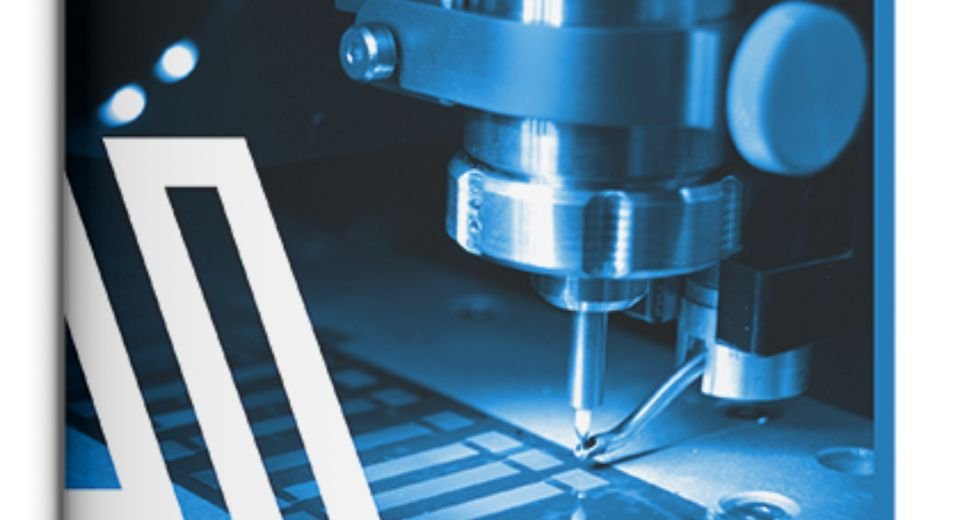HQ Team
September 22, 2024: A new sensor technology designed and developed by professors and doctors at Cambridge University Hospitals may soon make hip surgery more precise and deliver better and long-lasting outcomes, according to a statement.
The technology “smart” joint “trial liner,” measures forces passing through the hip joint to help the surgeon assess and balance the soft tissues, which aids in the accurate positioning of the implant.
The technology can transform the future of hip replacement surgery is the “first of its kind in the world,” according to the Cambridge statement
Once measurements are complete using the wireless surgical aid, the surgeon marks the ideal position for the implant, removes the smart trial liner, and completes the operation.
Despite more than two million total hip replacements being performed annually, and the number constantly rising due to increasing lifespans, there are currently no technologies that can deliver such readings during an operation and in real-time.
‘Feel and anatomical landmarks’
Instead surgeons “balance” the joint based on “feel” and anatomical landmarks.
Younger patients are starting to need hip replacements as well. Implants need to withstand higher stresses and last longer, to avoid spiralling into a vicious circle of revision surgery and higher rates of dissatisfaction.
The team currently has a prototype version of the device, which has been validated in the laboratory and other tests.
The National Institute for Health and Care Research has awarded a £1.4 million Invention for Innovation (i4i) Product Development Award to advance work on the technology. It is pivotal in further developing and finalising the design and complying with regulations before it can be tested in a living patient, according to the statement.
“We’re looking forward to this next phase of product development that will see us move towards an actual product that is fit for clinical use and that has the potential to revolutionise joint replacement surgery,” said Professor Sohini Kar-Narayan from Cambridge’s Department of Materials Science and Metallurgy. She is overseeing the project.
‘Closer to clinical use’
Dr Jehangir Cama, leading the translational and commercialisation activities said: “This funding will bring together wide-ranging expertise to help us further develop our prototype, bringing this technology closer to clinical use.”
The team’s underlying sensor technology intellectual property has been protected via a patent application filed by Cambridge Enterprise, the University’s commercialisation arm.
“This is a fantastic example of Cambridge’s entrepreneurial clinicians, academics and their institutions working together with forward-looking funders to create a positive impact for markets, society and importantly patients,” said Dr Terry Parlett, Commercialisation Director at Cambridge Enterprise.
The team have also incorporated Artiosense Ltd., as the potential commercialisation vehicle for the technology. ArtioSense is a spin-out from the University of Cambridge that seeks to commercialise a novel, conformable force sensing technology for applications in orthopaedic surgery, sports medicine and beyond.
